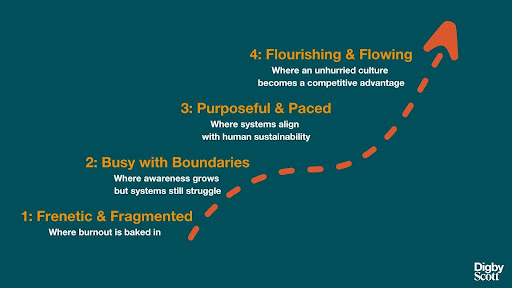Champion Learning
.png)
If history repeats itself, and the unexpected always happens,
how incapable must man be of learning from experience.
George Bernard Shaw
During the most intense 18 months of the Covid pandemic, I worked with the executive leadership team of New Zealand’s Ministry of Health as they navigated uncharted territory. Every couple of months, we met for a half-day to take time out from the craziness of their day to day experiences. The purpose? To create the space to connect, and to learn.
This wasn’t a training course. They didn’t need that. For them to continually adapt to their context, and to stay antifragile, they needed the space to make sense of, and learn from, what they had been experiencing.
It’s fair to say that, all things considered, they did a stellar job. From where I sat, it’s not just because of the talent around the table. It’s because they deliberately invested in learning from experience.
Covid threw us a curveball. You’ll experience your own curve balls every day. And they’ll keep coming. If we’re going to successfully evolve our careers, our teams and our organisations, we need to know how to learn. The difference between change happening to us, and change happening with us, is how well, and how fast, we learn.
Need a couple of other reasons why this idea is important? Here you go:
If you’re born today, you’ve got more than a 50% chance of living to 100. That’s a long life. For it to be a meaningful, interesting life, you’ll need to learn how to continually upgrade your skills and, from time to time, reinvent yourself.
If you hire or manage people, you’ll know that they’re increasingly hungry to grow. Beyond the desire for a sense of belonging, and meaningful work, people are more likely to be engaged and choose to stay when they feel like they’re learning.
You might be thinking “sure Digby, but we don’t have the time or the budget for sending people on training courses.” To which I reply “Cool, you don’t have to.”
How We Learn
Most of our learning opportunities are right in front of us. They’re called ‘experiences’. When we take action, we create the opportunity to learn from that action and its impact. We do.

Yet most of the time, we don’t. We do the thing, and then we move onto the next thing. Often, we’ll plan the things to do, so we don’t have to keep stopping and ask ‘what’s next?’. We just go onto the next thing.

We create a cycle of ‘Plan, Do, Plan, Do, Plan, Do’. Sound familiar? After a while, it’s exhausting.
There’s no chance for learning in that cycle. We need to break the pattern. Here’s what that looks like:

When we take a little time after the ‘do’ to review, we create the opportunity to make sense of things. We get to ask questions like “What impact did that have? “Do we have evidence or are we just making it up?” “What surprised us?”
But wait, there’s more. To make the experience valuable, we need to learn from it. That’s where we ask “What have we learned here?” “What assumptions might we want to test?” “How can we put these insights into action?”
And we create this cycle. This is how we learn:

How To Champion Learning
As an enlightened leader, don’t just champion delivery. Champion discovery too. Help your people go right through the learning cycle as often as possible.
Some useful tips to become a learning champion:
- Create the conditions: don’t be the hero, be the host
- Connect people: help people learn from each others’ experiences
- Ask good questions. The questions above are great thought-starters. Here are some more
- Role model it: Share what you’re learning every day
It’s Your Choice
You have a choice. You can go along just pumping stuff out so you can say you’ve achieved something. Or you can champion learning. Delivery without discovery, at best, just maintains the status quo. Delivery and discovery creates something better.
Champion learning.
Like this post?
When you’re ready, here are three ways I can help you further:
More thoughts
Dig Deeper Newsletter
Sign up with your email to receive weekly leadership insights, tips, and inspiration from Digby.
.png)
.png)
